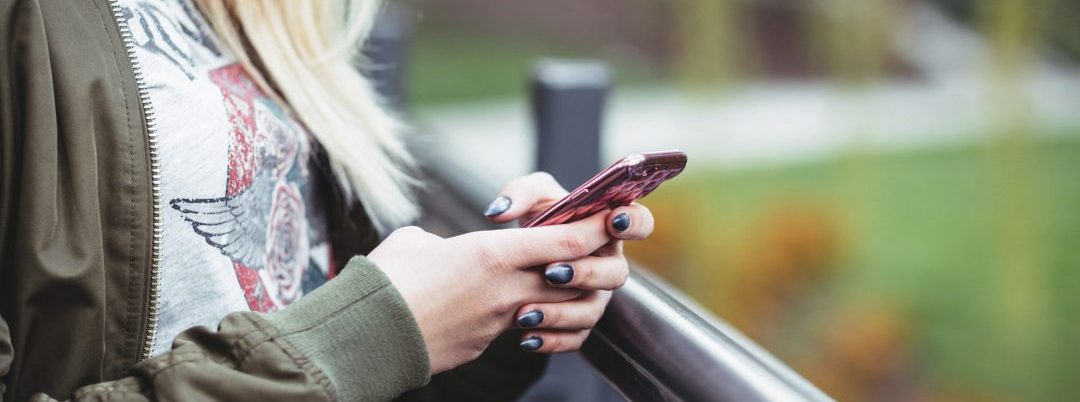
When I was in college, I lived in Africa for five weeks, as a part of a study abroad program called Linking Lives. The purpose of this program was to immerse us students in a completely unfamiliar culture and environment, whilst also giving us the opportunity to help others. Now part of the deal was that we stay off of our beloved devices: our cell phones and our computers. Sure, if we wanted to jot down some notes or take a picture then we were permitted to use them. But we were not to text or call loved ones, log onto social media sites, or even check or send emails—the whole point was to forget about those silly screens and tune into what was happening right in front of us.
While this seems like a rather difficult task (and trust me, I was a little worried), I actually accomplished it with ease. It certainly helped that for the majority of our time, we didn’t even have access to the internet—but when we did, I had little to no desire to reconnect. I thoroughly enjoyed and appreciated focusing on the present moment and soaking up all that was around me. It was therapeutic in a way. Now, I wasn’t able to get this far into the conversation with my little brother—his jaw dropped at the very mention of unplugging from my phone for a few weeks. And I swear every word that followed went in one ear and out the other. He was baffled by my phoneless-five weeks and I was baffled by his bafflement.
I thought I understood what it meant to be “addicted” to smartphones; I use mine just as often as my 15-year-old brother uses his—which is exactly why I was so perplexed by his reaction to news of my phoneless few weeks. But new research reveals that I, in fact, just might not understand the degree of my brother’s smartphone reliance. According to a study presented at the annual meeting of the Radiological Society of North America (RSNA), which took place on November 30, there is a chemical imbalance in the brains of young people addicted to their smartphones and the internet.
The research team studied 19 males, who were between the ages of 15 ½ and 9 years and diagnosed with an internet or smartphone addiction, as well as 19 others—also male and between 15 ½ and 9 years of age—who were completely healthy. And after 12 of the addicted participants underwent 9 weeks of cognitive behavioral therapy, they asked all of the subjects’ questions designed to gauge severity of phone and internet addiction, such as daily routines, social life, sleeping patterns, etc. The researchers found that the addicted individuals had significantly higher scores in depression, anxiety, insomnia, and impulsivity.
They then compared MRS exams—which were performed on the addicted youth both before and after they underwent CBT, and once on the control participants—to measure levels of gamma aminobutyric acid (GABA), a neurotransmitter in the brain that slows signals, and glutamate-glutamine (Glx), another neurotransmitter that excites neurons. The researchers found that the ratio of these two neurotransmitters was significantly higher in the addicted group prior to therapy versus the control group.
Hyung Suk Seo, M.D., professor of neuroradiology at Korea University in Seoul, South Korea, explained that too much GABA can result in harmful side effects, such as drowsiness and anxiety. Furthermore, he said that the ratios of GABA to creatine and to glutamate were linked to clinical states of both internet and smartphone addictions, as well as depression and anxiety.
My brother may or may not actually be addicted to his smartphone or to the internet—he has not been diagnosed as such. But this study sheds some light on the fact that youth may be more severely affected by these two kinds of addiction than we realized. If anything, it certainly makes me wonder just how long my little brother would last without his iPhone, his tablet, and his computer screen readily available to him.
Source:
RSNA (2017, November 30). Smartphone Addiction Creates Imbalance in Brain. NeuroscienceNews. Retrieved November 30, 2017 from http://neurosciencenews.com/smartphone-addiction-brain-imbalance-8066/
Let’s keep in touch! Sign up to receive our newsletter:
Start a Relationship with An Exceptional Counselor
- Skilled and caring professional counselors
- Accepting all major and most insurances
- High-touch customer service & premium benefits
- Same- or next-day appointments
- Ultra-flexible 23.5hr cancellations













